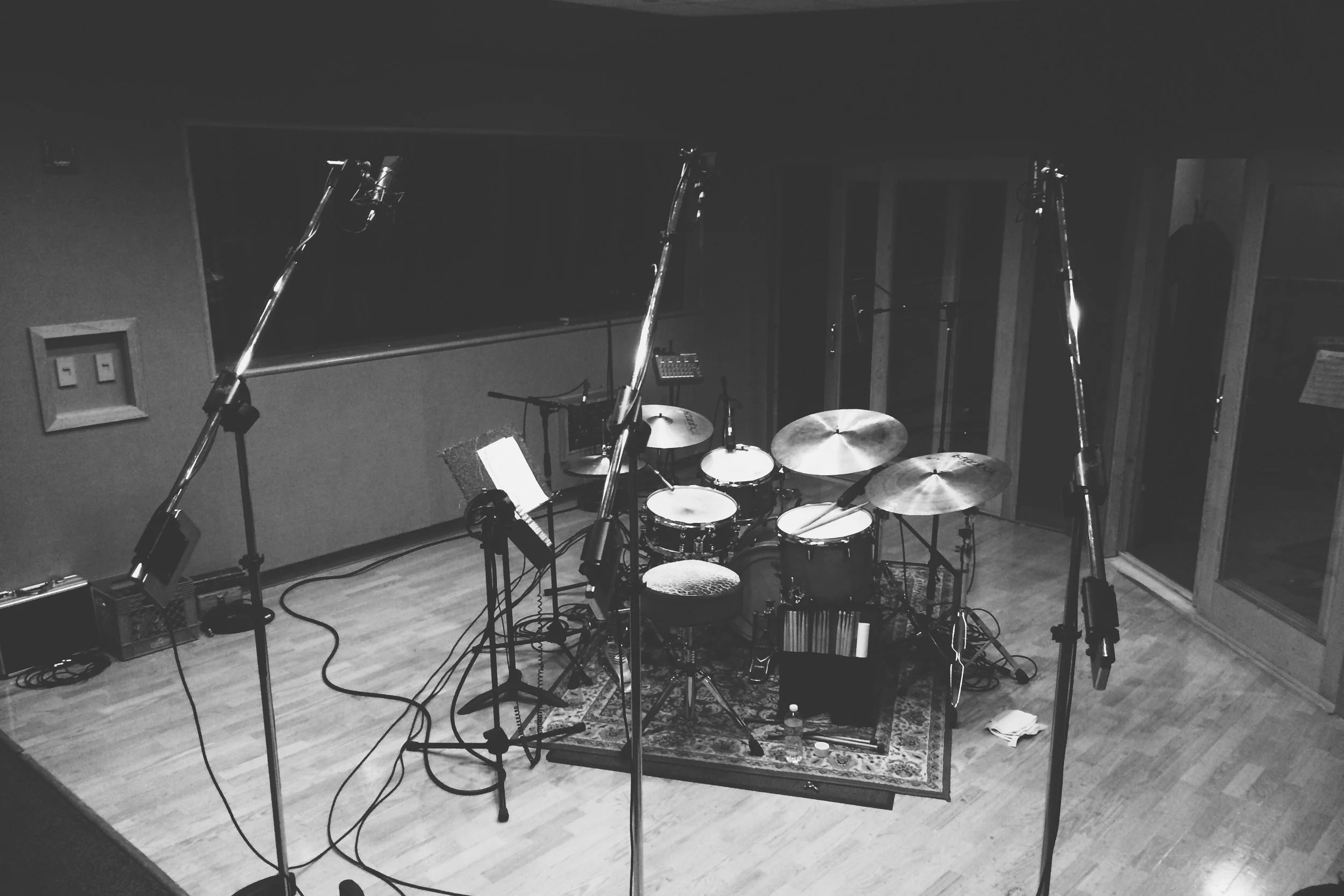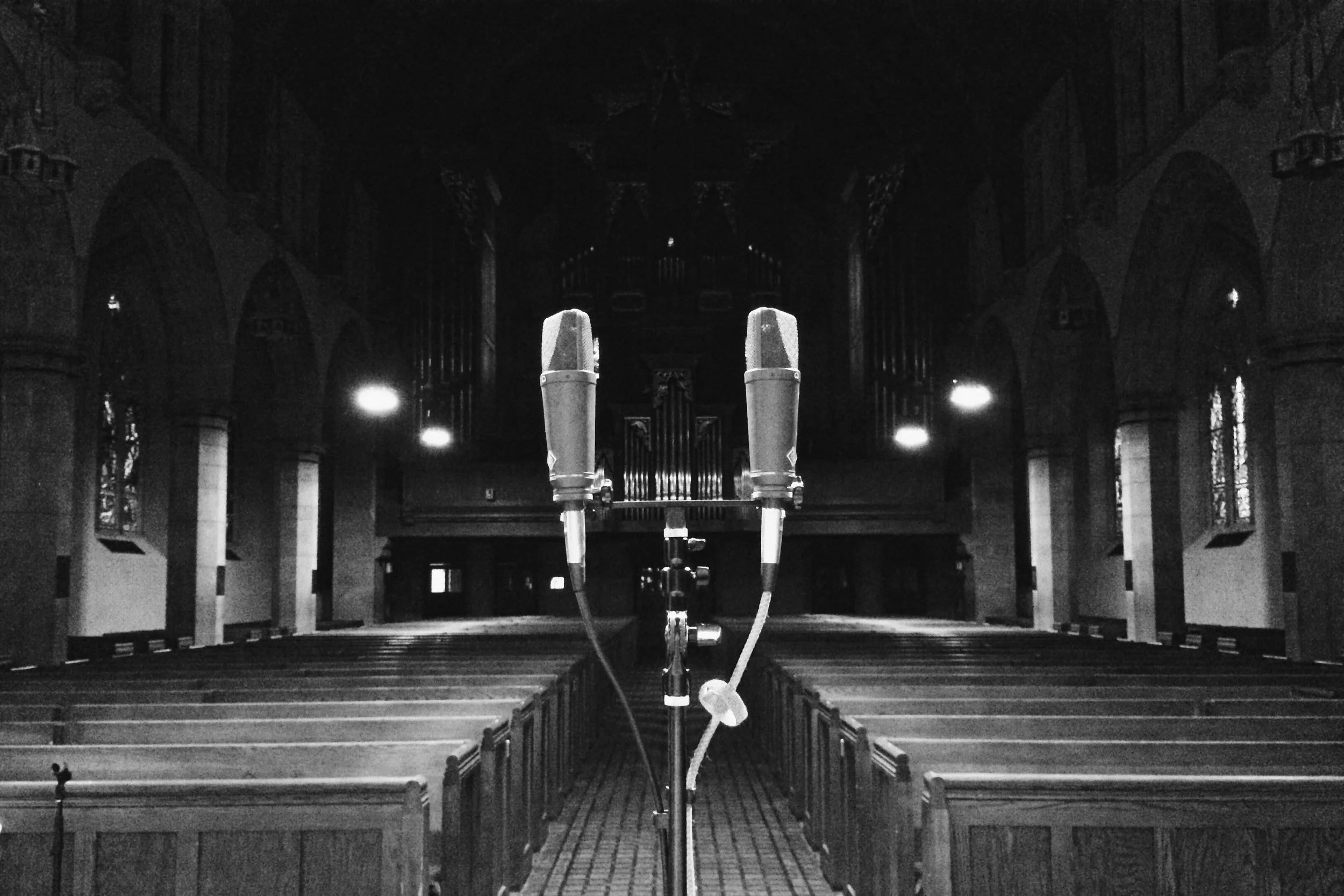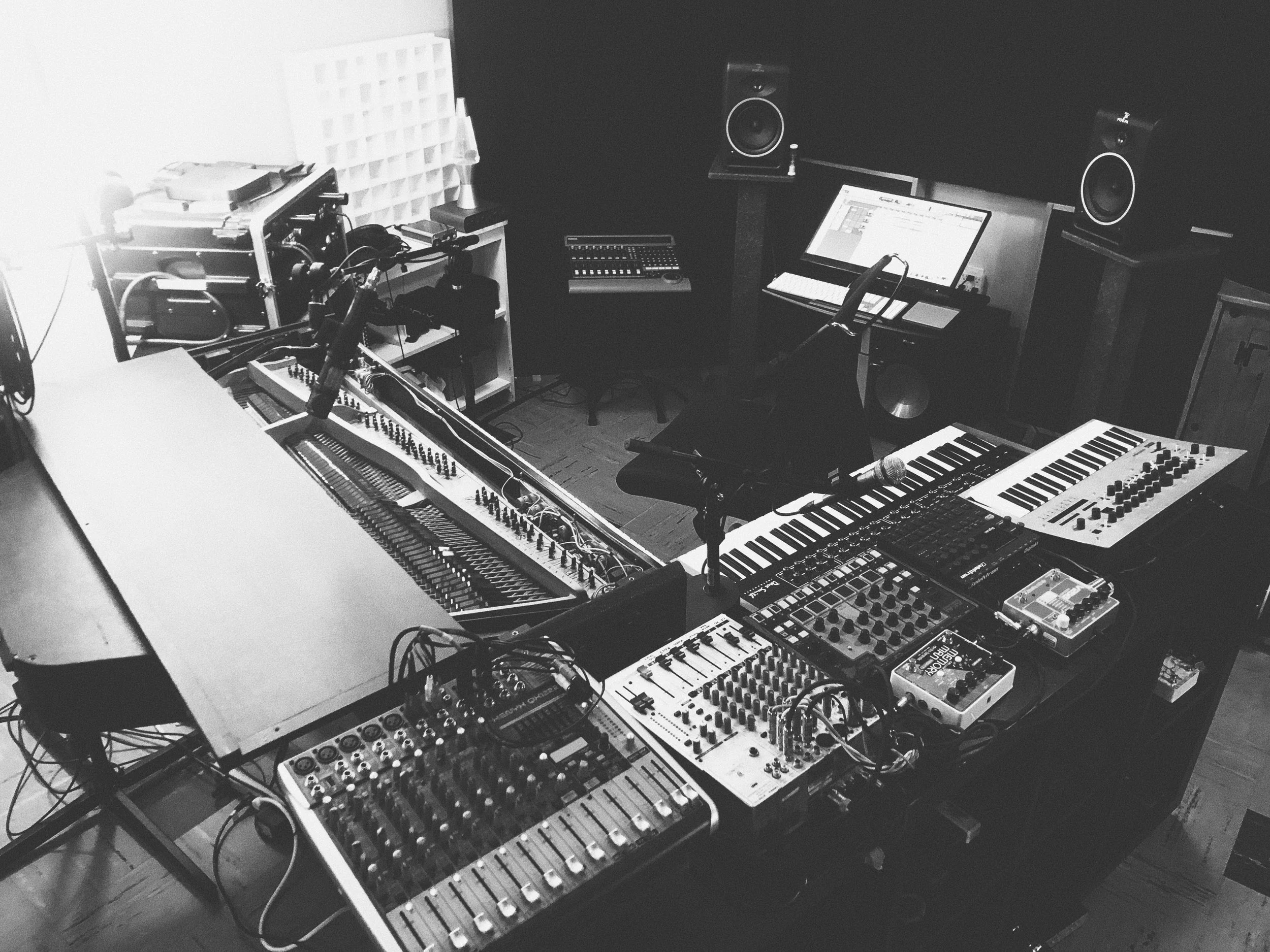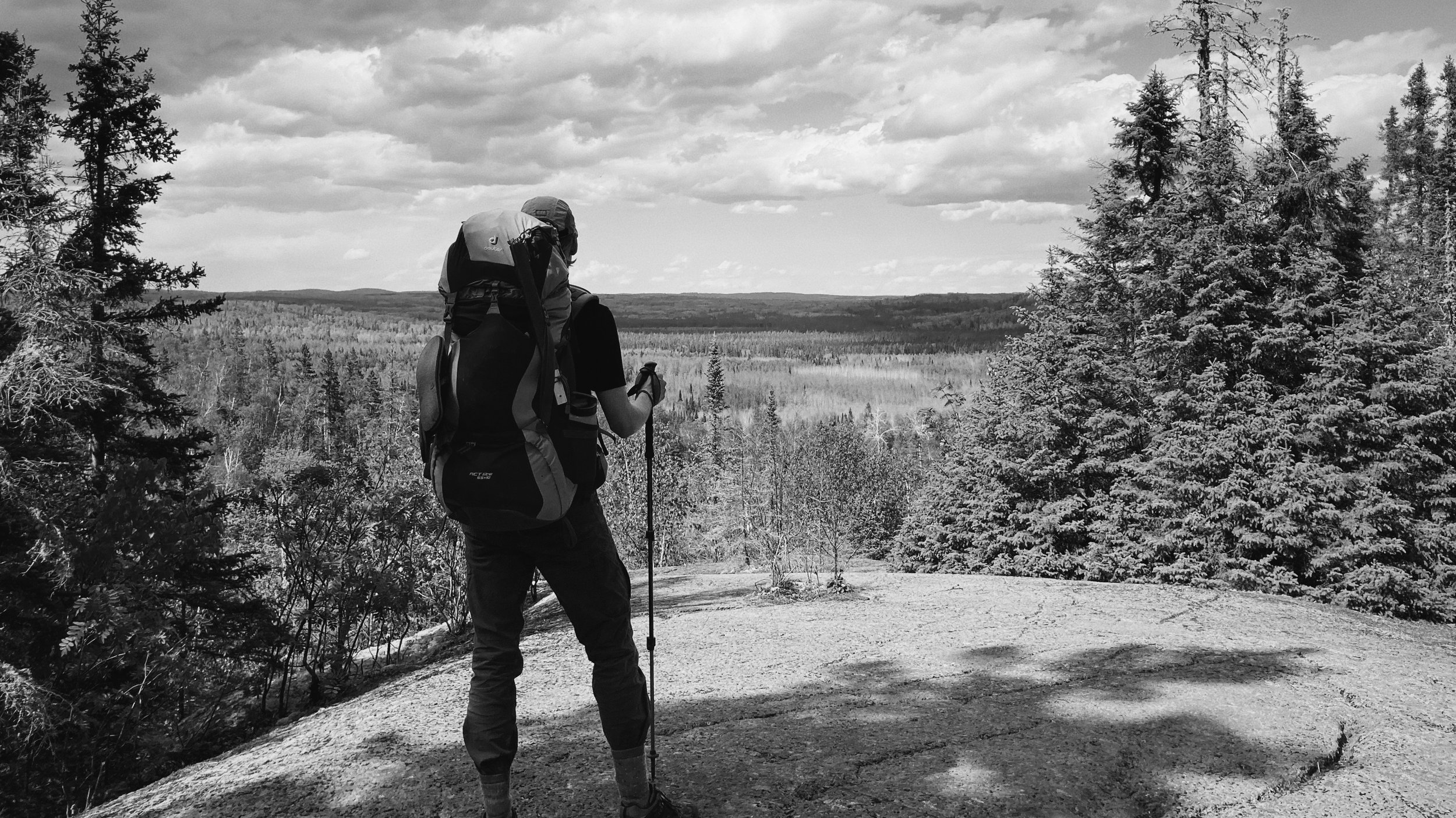FAQ
What services do you offer?
Mixing, editing, studio recording, location recording, and other audio production services.
What is your experience in audio engineering?
I fell into audio work while trying to figure out how to record my own rock band in high-school, which led to studying music technology and performance in college. From 2004 - 2013 I was a staff member at the 10-studio recording complex at McNally Smith College of Music, serving as studio manager from 2008–2013. During that time I gained experience with everything from the component-level maintenance of tape machines, large-format consoles, and outboard gear, to training and coaching student-engineers. I've done freelance engineering and production since 2004, producing studio recordings, classical and concert recordings, and a lot in-between. I still play in a rock band.
How do you approach making a recording?
This might seem obvious, but a good performance in a good environment recorded by a good engineer using good equipment will tend to yield good results. That formula isn't rocket-science, and you (the client or artist) should probably care as much about your engineer's taste and personality as you do about their technical knowledge, provided they’re proficient at some basic level. The approach to each recording must be customized to fit the circumstances and vision because every situation is truly unique. Recording a concerto in a cathedral is a wildly different exercise than a crusty rock band in a basement. Both are challenging in different ways, and both deserve the highest quality recording possible, even when the desired “quality” is intentionally lo-fi. Planning your strategy in advance is as important as having the experience to improvise when things go off-script. Microphone choice and placement might be the most important decisions after the quality of the performance and the space are in spec, but every step, from arrangement to recording to editing to mixing to mastering, has the potential to make or break the outcome, and each step is an opportunity to make something that carries the listener on an emotionally compelling journey.
What's your approach to project collaboration and client involvement?
Making music should be fun! It’s really important to me that everyone is comfortable and relaxed throughout the recording process. Recording sessions are naturally collaborative to some degree simply because that’s the nature of making music with other people: everyone’s choices influence everyone’s choices. I see my job as bringing out the best in a work of art, and although my tastes and inclinations influence my (and others’) choices, it’s not about me — it’s about the song.
Tell me a little more about yourself.
I live with my family in Saint Paul, Minnesota, and my day-gig is managing the facilities and operations of the University of Minnesota School of Music and Ted Mann Concert Hall. When I’m not doing music-related work, I spend a lot of time on two wheels: I bicycle commute all four seasons and ride motorcycle for three. I'm usually picking away at several books, mostly non-fiction. I enjoy archery. My favorite way to explore nature is backcountry camping and hiking. Breakfast is the best meal, hands-down.
Cheers!







